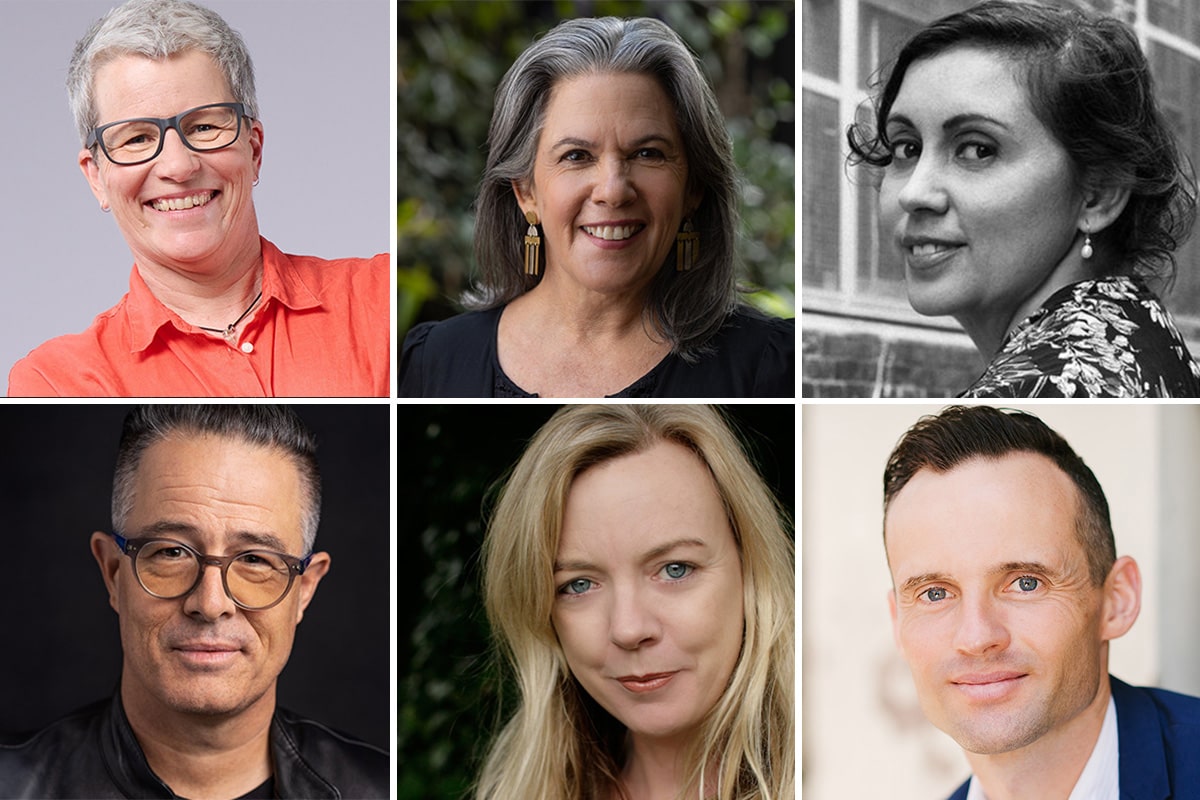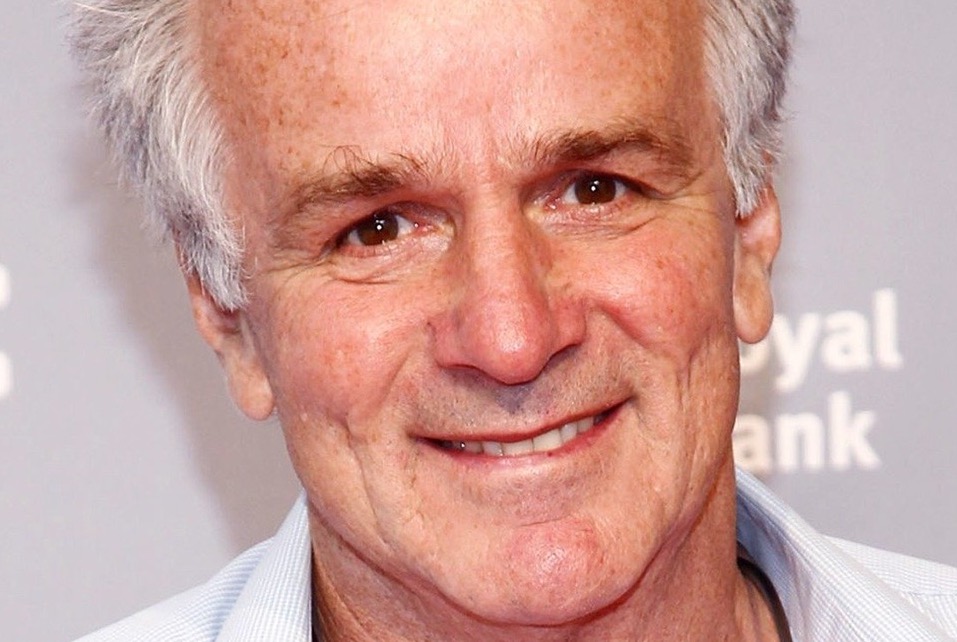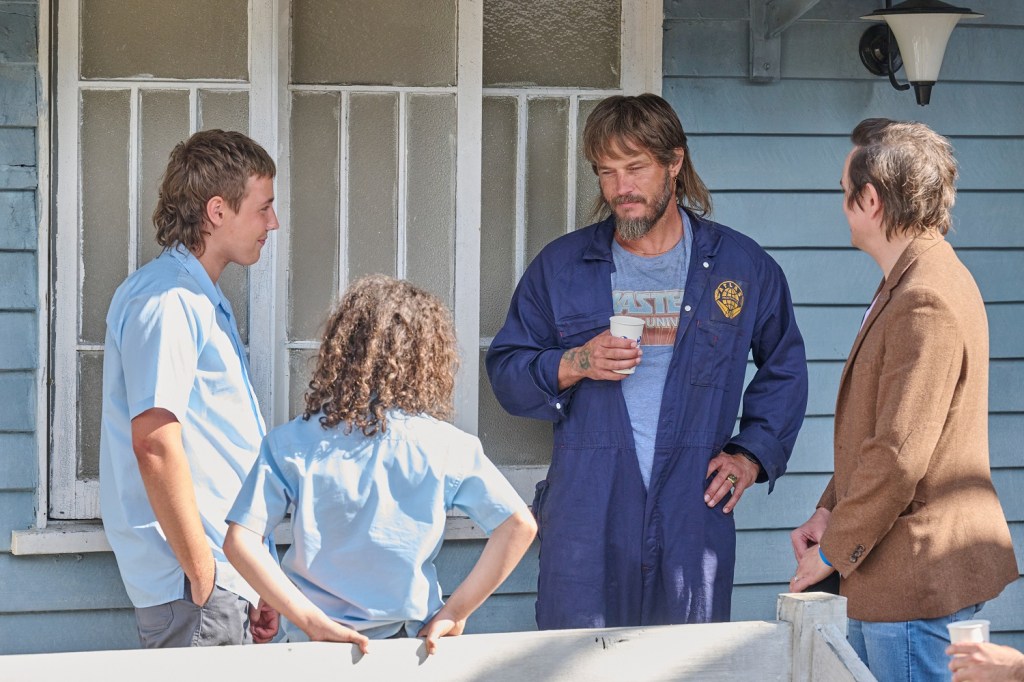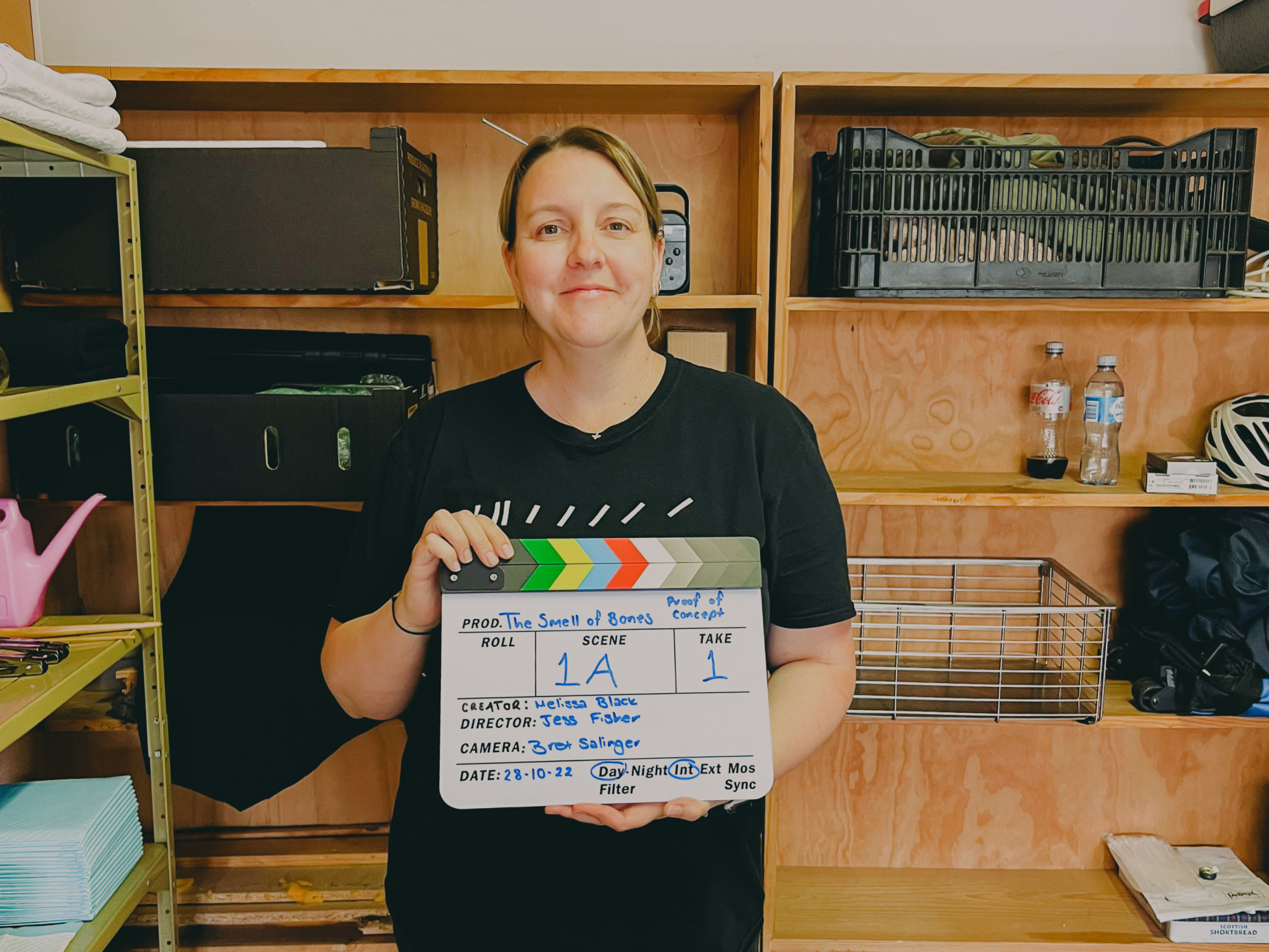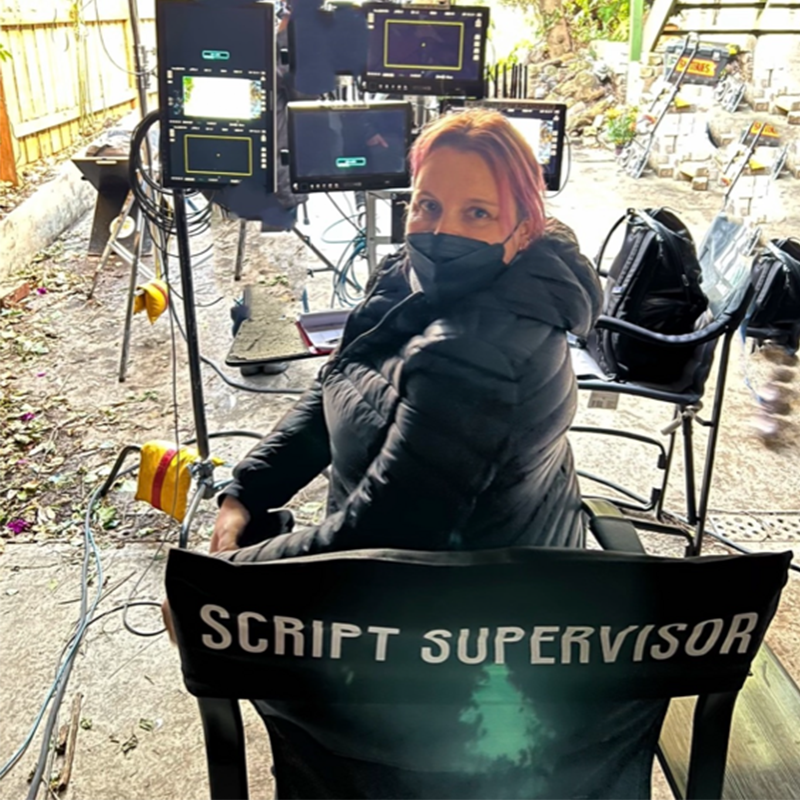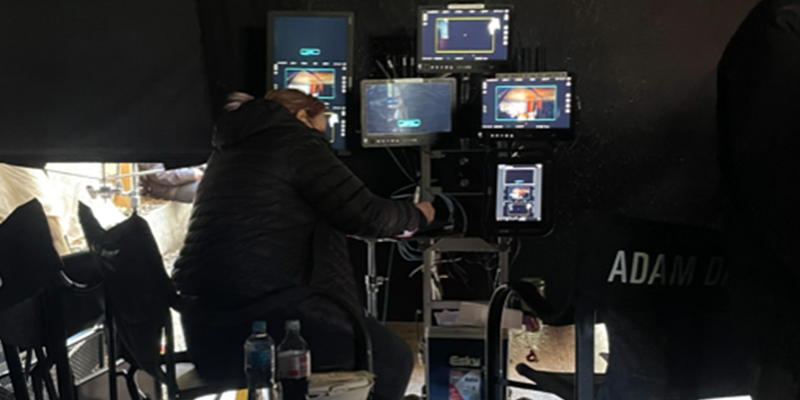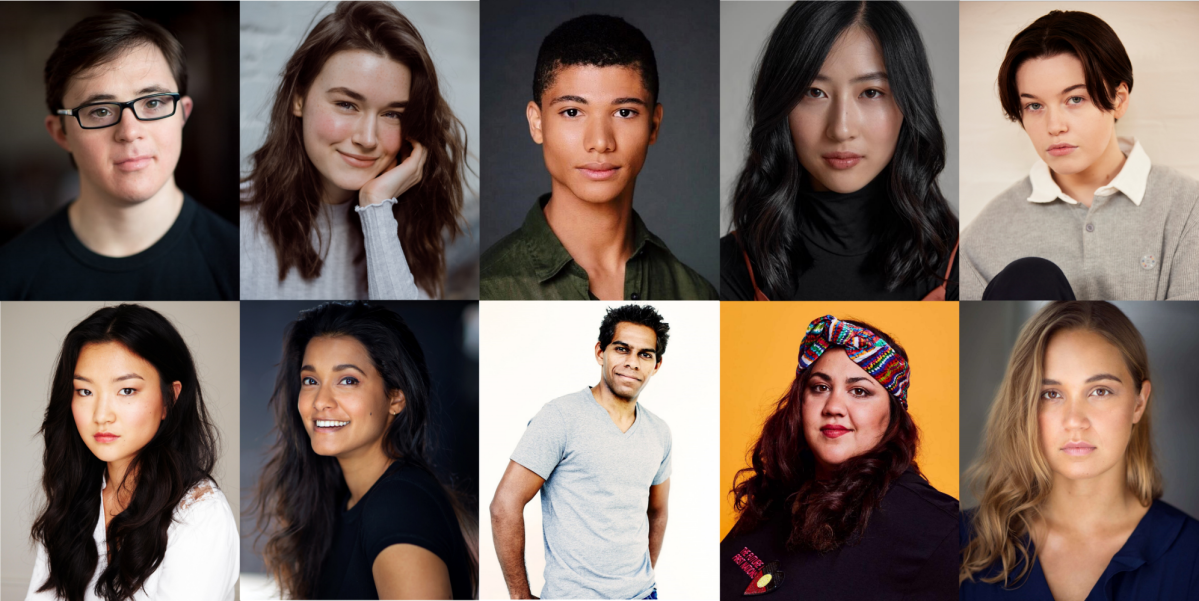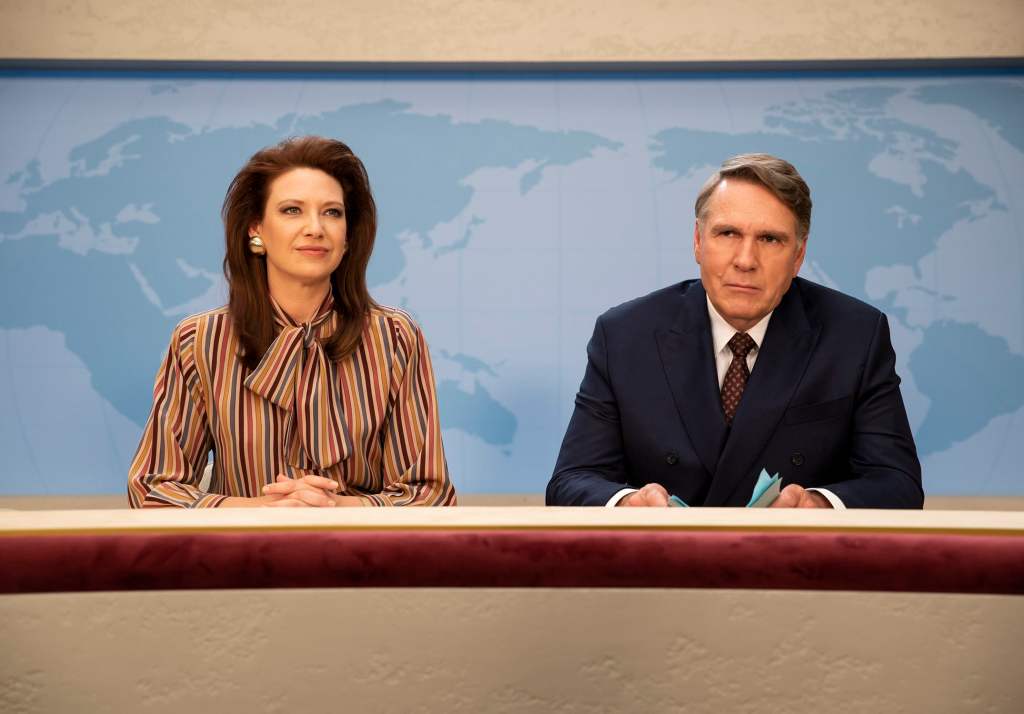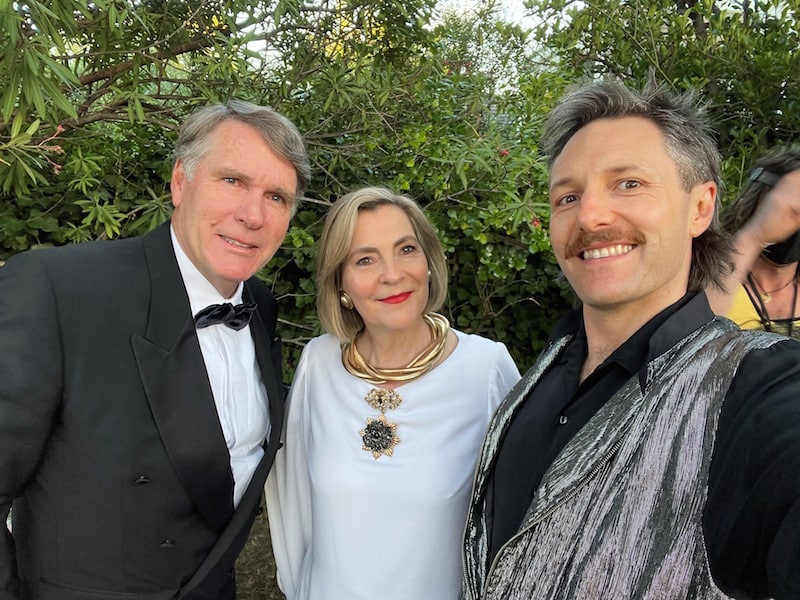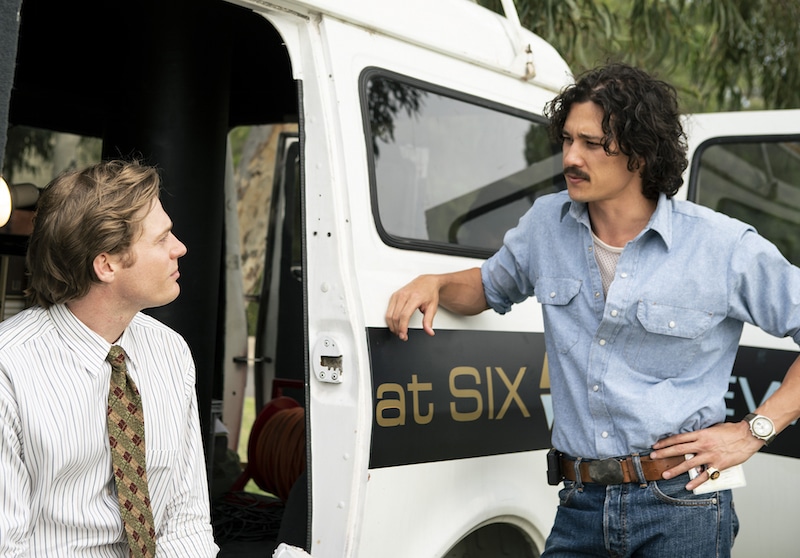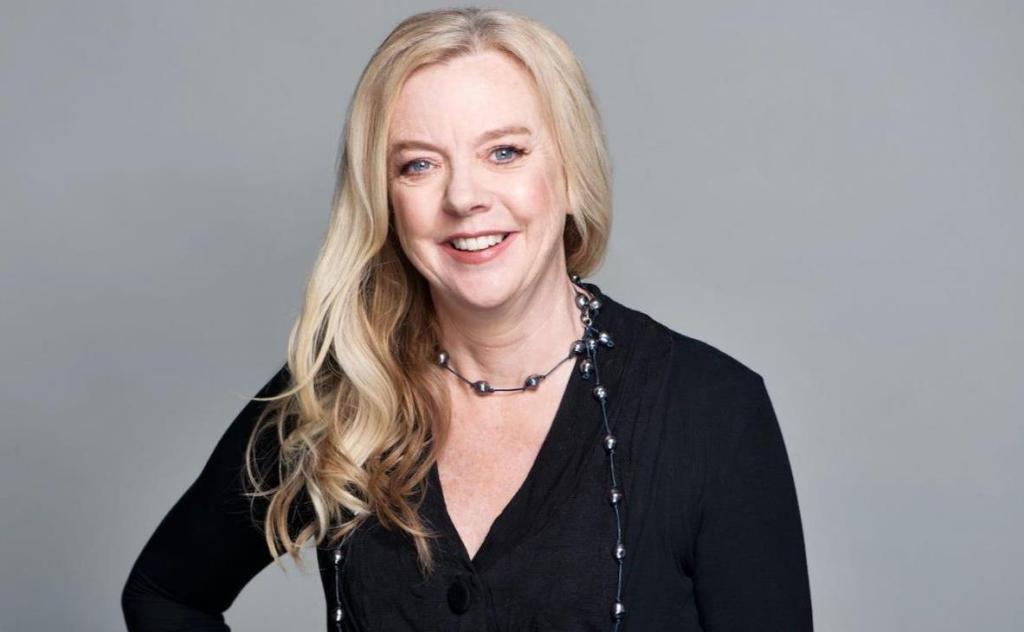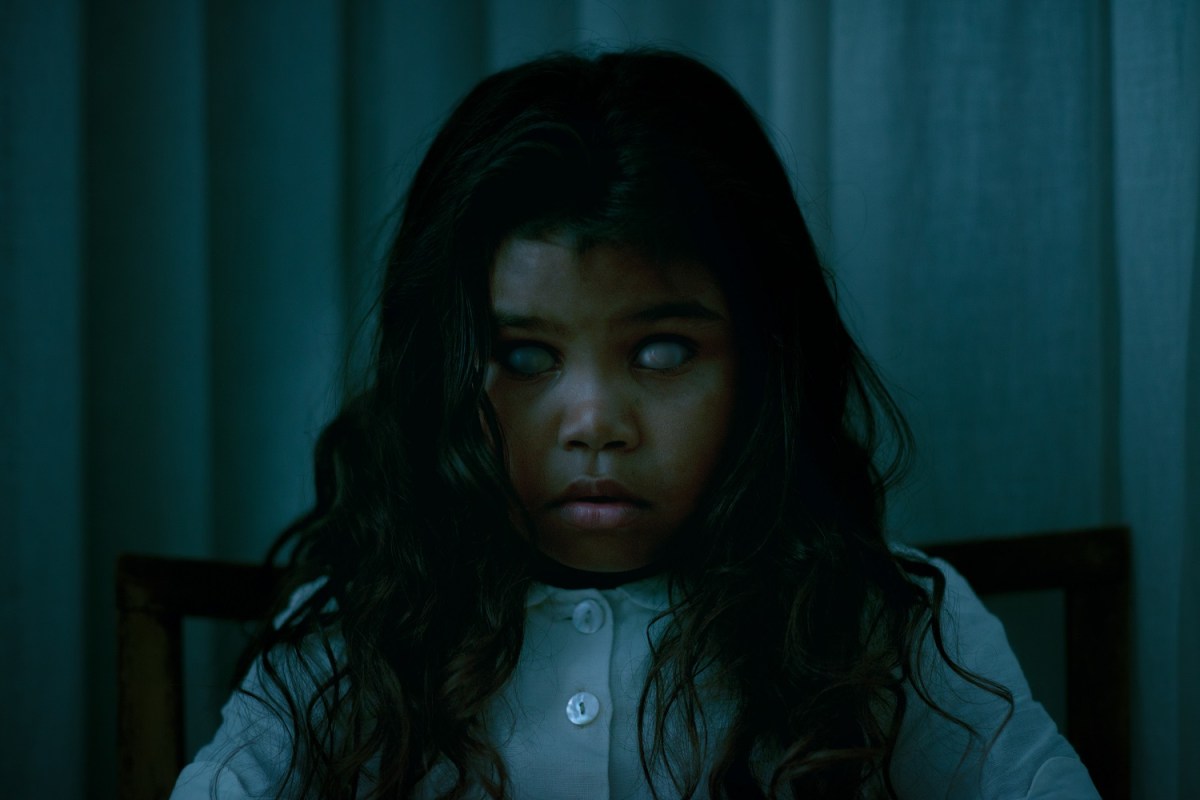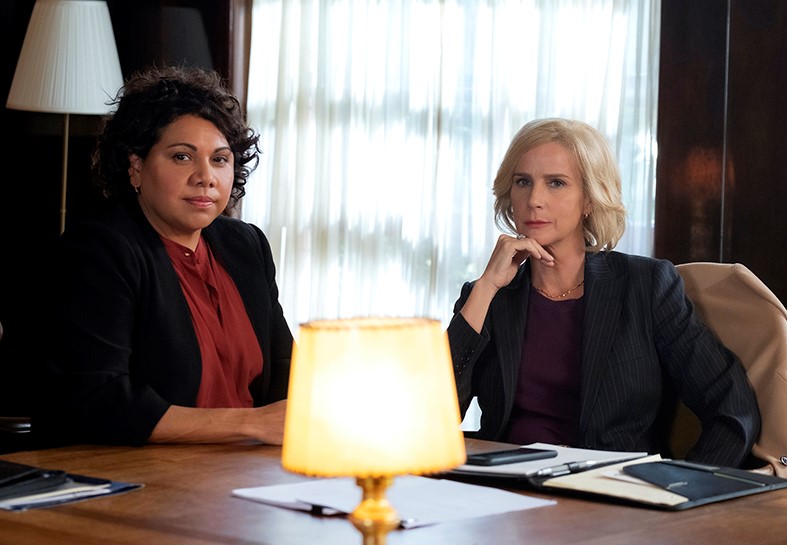IF Magazine May 17, 2023
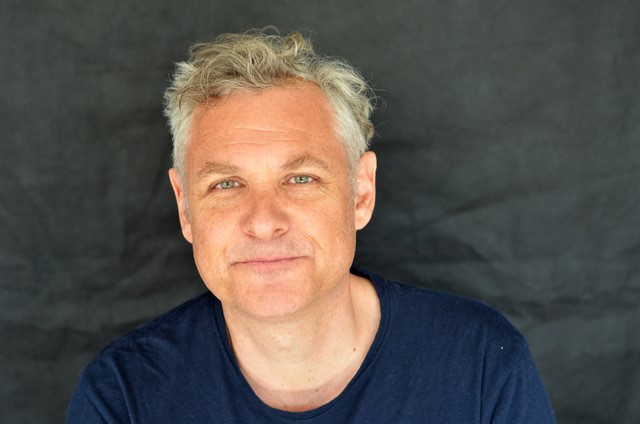
Blake Ayshford.
With the writers strike in the US now entering its third week, writer and script producer Blake Ayshford reflects on the parallel and different issues facing writers working in Australia, arguing our system means small rooms, short weeks for plotting and narrow career paths for newer writers are already the norm.
What the writers strike in the US really boils down to is an attempt to bring the ‘gig’ economy to one of the few areas of writing that still had something of a career structure built into it. Australian TV is already the gig economy let rip, and you really wouldn’t wish that on anyone else.
A newer writer I know, who is going back to uni to retrain, recently told me that a generation of Australian writers are walking away from the industry as they see no path for them here. How depressing. It was always a tricky, uncertain path, and no one guaranteed you a career, but to feel like you have no future…
Before the early 2010s, TV in Australia was mainly produced ‘in house’ by a staff of writers. As far as I know – I only started in around 2006 – we never had the big staff of US shows and relied on a patchwork of ‘staff writers’ (an in-house script producer and four-six script editors) who were augmented by freelancers that came in every week to write the episodes. The staff writers were a core of (generally younger) writers who worked exclusively on the show, understood it, and went through the creation of an episode from story meeting, to scene breakdown, to first and second drafts, then read throughs and directors meeting. These in-house script editors were also ‘on set’ for their episodes, to watch some of the filming and respond to crew and director questions. This is still the model on Home and Away, for instance.
I was one of those script editors on Home and Away and later, All Saints. We were never in the edit, or grade, or sound (as they are in US) but we participated in most of the other aspects of making a drama. After I’d been in almost 50 story conferences I had the confidence that I understood how a ‘room’ worked and how to make the most useful contribution to it as a freelancer, and had the skills I needed when I had to run a story conference myself.
Once the length of series dropped from 44, 22 or even 13, to eight and six, there was no need to employ a staff. There weren’t enough episodes to justify the cost of keeping a staff. Instead, freelance episode writers joined together for short weeks, plotted together, and then went away and wrote episodes. Sort of resembling what the ‘mini-room’ situation that is happening now in the US is like, and is part of what the strike is about.
There was still a script producer, who generally maintained story continuity and tone, and was a backstop in case an episode didn’t meet expectations for whatever reason. The first ‘room’ I was in was for Foxtel’s Love My Way, and it was a thrilling, if still unusual way of doing things back then. Now it is the standard here and is becoming the case in UK.
So what have we ‘lost’ that the US still has? Surely shorter episode run shows means more shows, which means more chances for new writers?
Well, not exactly. One of the unexpected situations that arose from changing from the staff model to the ‘band of freelancers’ model, was previously a writer on All Saints, for instance – generally a more experienced one – would have their time ‘bought’ by a show. There was enough work promised to them over the course of a year that they didn’t have to go out and do a lot of other work. It wasn’t forbidden, but the regularity of paycheck and deadlines meant the All Saints writers weren’t around as much in the wider writing world.
But now, with small episode runs, experienced writers must pitch to be involved in as many projects as they can handle to make ends meet. These experienced writers are directly competing with mid-tier and beginning writers in a way they weren’t so much before. Producers naturally want to secure the best talent they can and so welcome more experienced writers. It’s a bigger risk taking on someone new; as much as most of the producers I know want to welcome new and diverse talent, with more shows in development than actually go into production, it’s natural you would try to minimise risk if you can. This is not only for production companies but networks and broadcasters.
So newer writers have a very narrow path in the current system. But worse than that, because the ’staff writer’ role doesn’t exist, when newer writers are given one of the rare opportunities, they often don’t have the craft skills of the more experienced, which come from having years of experience. And while many succeed out of talent, hard work and luck, many don’t, and find their careers stalled. Or ending as soon as they have begun.
A lot of recent commentary on the US writers strike focusses on this ‘threat to training’ aspect, something I’d argue has already taken place in Australia. With smaller rooms, and shorter weeks plotting, and involvement only in the early ‘writing’ part of the process, newer writers don’t get the training to become the kind of informed showrunners that series need to compete in a super competitive market. Or they are paired with experienced writers in collaborations that are mostly great, but sometimes aren’t – and not what a newer writer needs at that stage of her career.
I feel this is why many younger writers speak about it being a ‘broken system’. Michael Schur recently commented that if staff jobs go, we’ll soon see a ‘very high and very low’ tier of screenwriting career, exacerbating what can already feel like ‘have and have nots’ industry.
What’s the answer? As producer John Edwards said, the previous system is not coming back. Broadcasters say audiences have no appetite for long-running shows.
Perhaps some kind of more formalised ‘mentorship’ between more experienced and less could be one answer – not a forced marriage, but something with clear expectations from both parties. For instance, a script producer being given a right to employ one new writer, without a veto from production company or network to ensure there is always a middle-tier writer at every script conference. A cultural shift that boosted the profile of writing as a key part of drama creation, so more resources are available to this part of the process. Or, just to contradict myself, a shift away from auteur creation – the cult of the genius showrunner – and back to all writers on a series feeling like they have credits on a show, not just on ‘their episode’. The idea that the show was bigger than any individual writer created a sense of collegiality between writers, and ability to make mistakes. But maybe I’m being nostalgic. None of these solutions, even if they worked, feel like enough.
And it’s not as if the model was perfect. The long-running series of the past were often conservative in genre, unreflective of diversity and the kind of writing they required demanded a writer submerge her writing personality within a ‘house style’, which certainly didn’t suit everyone.
But with the enormous revenues of some companies involved in the US writers strike, an investment in industry ‘R and D’ by giving staffing opportunities to the next generation, and ensuring there are new writers around to create the next generation of shows, will hopefully be seen as beneficial for all parties.
As for size of rooms. That’s changed in the last 15 years too. Writers rooms of 6-8 were not uncommon eight years ago. Now the norm is three or four. We have gone from ‘mini-rooms’ to ‘micro-rooms’!
I’ve gone on too long, but, it’s a real issue and the writers strike has provided us the chance to think more deeply about it.
Four of the six writers nominated at the recent AACTAs for best screenplay in TV had a background as a staff writer. I really don’t think this is an accident.
